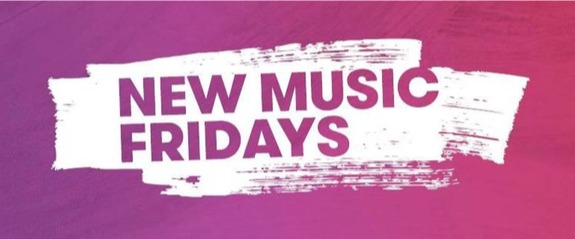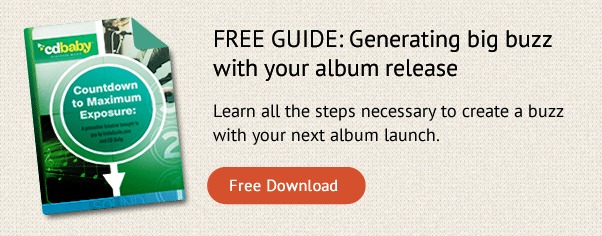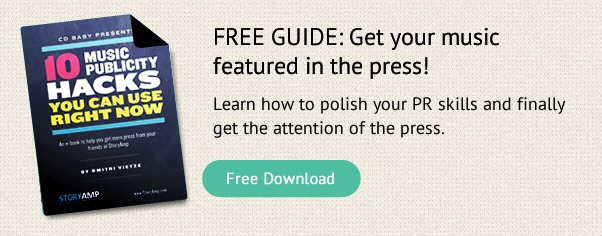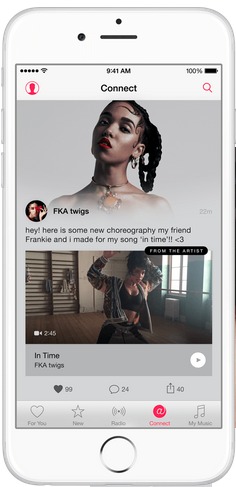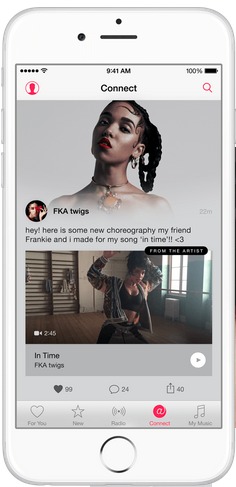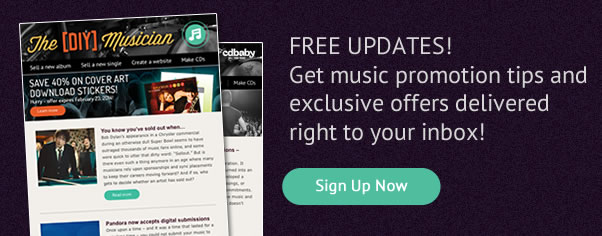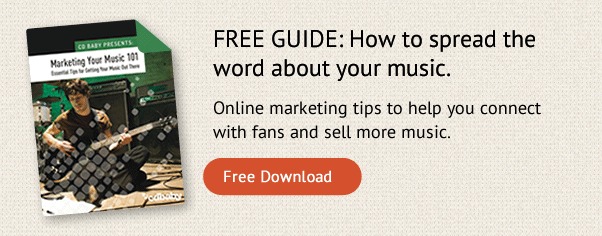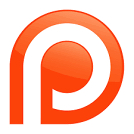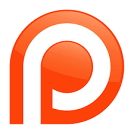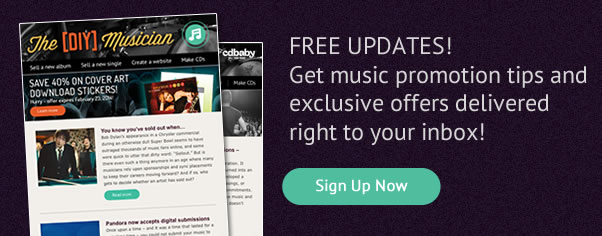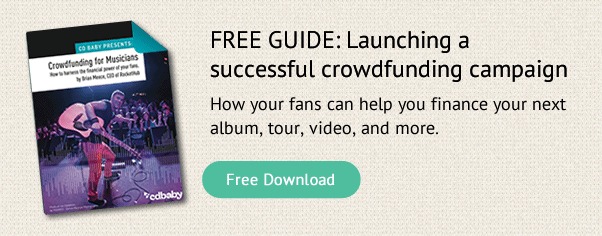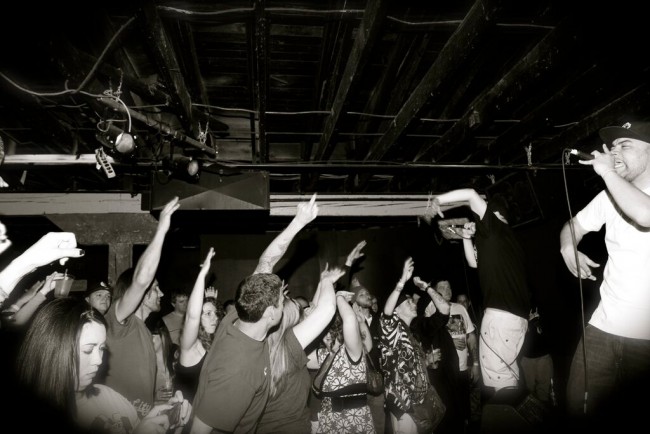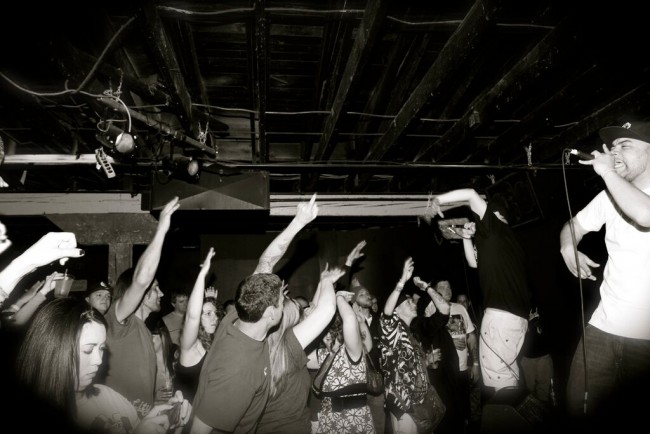 [This article is written by guest contributor Brandon Waardenburg, founder of artist coaching service Apparatus.]
[This article is written by guest contributor Brandon Waardenburg, founder of artist coaching service Apparatus.]
The lustre of performing live can die pretty quickly.
When you’ve seen more dive-y bars than you’ve seen daylight hours.
When you step in yet another unidentifiable sticky object on the bar floor.
When the door man stiffs you $100 because he can’t count heads.
Truthfully, any activity can turn into a grind no matter how intentional we are about keeping focused.
The Mystery
My good friend Zach has a folk band that has played about 2-3 gigs a month for more than 2 years now. They’ve been through some bandmate changes and more than their share of ups and downs, figuring everything out as they go.
They’ve played at small empty venues and they’ve played big venues that were busting at the seams. Kudos to him and his mates for sticking it out this far.
Just recently a few more interesting doors began to open. They found themselves…
1. Getting some radio air time
2. Playing more unique shows
3. Gaining different types of fans
4. Seeing their name in print
… and, like any good analytical person, Zach was digging in, trying to figure out what changed.
He called me up the other day and I could sense a little excitement and intrigue in his voice. He stammered on about his band’s new trajectory and the mystery of not knowing why it changed.
The only possible answer is that his grind was finally starting to pay off.
So we dug in a bit more and called out the differences between today and yesterday. All in all, a very inspirational exercise.
How you’ll know when your grind is starting to pay off
Here are those glimmers of hope that means your grind as an independent artist is finally starting to pay off, transitioning you into a new era in your music:
1. You’re landing higher profile gigs
Higher profile doesn’t necessarily mean more people, rather it’s the types of gigs you’re getting. These gigs might mean you’re getting time and space on radio advertisements, newspaper print and reviews, or they’re taking place at more upscale venues. It might mean you’re playing for a great promoter, or sharing the bill with bigger bands. The best part about these higher profile gigs is that they give a better chance of you rubbing elbows with influential people.
2. You’re booking further in advance
Shortly after your band’s conception you booked only weeks (maybe days) in advance but now the demand is getting higher and you’re forced to book further ahead (at least 4-6 months). Because of your exceptional networking abilities you have enough contacts (venue, other artists, promoters, etc.) that you’re booking well into the future now.
3. You’re getting fill-in opportunities
You’re getting calls from other artists to fill in or join them for a gig. This also speaks to your networking ability and your ability to build relationships. The music scene is a community and you’re contributing by building strong relationships. Nicely done.
4. Your contact list is bulging
When you open your Rolodex dozens of names pop out at you, each linked to interesting opportunities. If you give a few of them a call (and you should be from time-to-time to keep your contacts “warm”) there’s a good chance you’ll land a few shows. Don’t stop now though, networking never ends Keep getting at least one name from each show. For more on networking, dive into “Building Music Relationships You Can be Proud Of.”
5. Your mailing list is responsive
You put an email out to your list and something actually happens. The size of your list doesn’t really matter at this point, responsiveness is what you’re after. This could be a) they buy your products, b) they forward your emails to their friends or even c) they hit reply and send you a personal message. Indie artists often underestimate the last one. But think about it this way, you’ve cultivated a relationship in which someone feels comfortable emailing you directly. That’s no small feat.
6. You get sincere “I’ve heard you guys before”
When you tell people about your band they tell you they have sincerely heard of you before – usually in a positive way. I say sincerely because in the early days people are always like “Cool, I’ve heard of you before…” with a forced look on their face, and you know they’re just saying it just to be nice. Gone are the days of forced empathy.
7. You’re gaining more “word of mouth” fans
When people come up to you after a show, join your mailing list, or follow you on social media, they tell you they heard about you through Facebook, Twitter, a friend, or through a recent publication and came to check you out. The really great part of this is that people are talking about you (…people are TALKING ABOUT YOU!)
The hard work isn’t over
It’s great to see your hustle paying off, but now isn’t the time to take your foot off the gas. Momentum is an artist’s best friend so use it to your advantage and work harder now than you ever have.
Want more tips like this from a community that grows independent music careers every day? Join our mailing list.
Let’s keep the discussion rolling. Has your momentum plateaued before? How did you get it back? Let us know in the comments below.
—
About the Author: Brandon Waardenburg is the founder of Apparatus (an artist accelerator providing music advice and coaching to independent artists and DIY musicians) as well as a musician, songwriter, “musicpreneur” and consultant. After receiving his music degree back in 2011 he began working alongside independent artists, songwriters, producers and engineers in their quest to retain creative control and grow their careers like heck. Sign up for his free email newsletter here and get open-source ideas and actionable advice for your career.
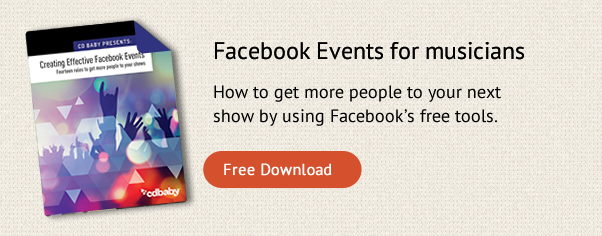
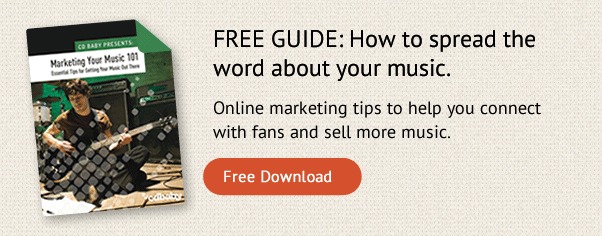
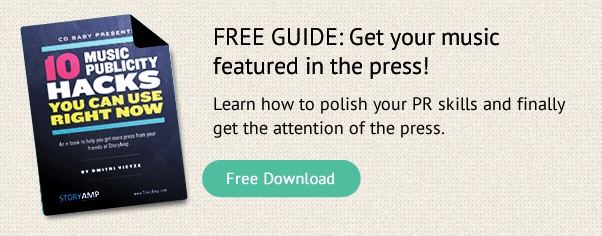
The post 7 signs your music grind is finally paying off appeared first on DIY Musician Blog.
Source: Musician Resources
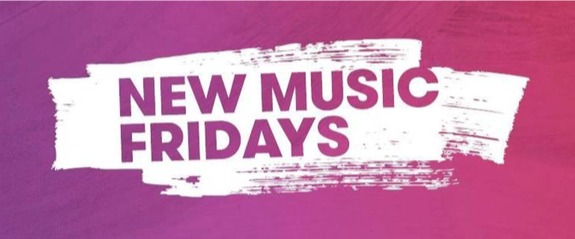 What will Global Release Day mean for YOUR music?
What will Global Release Day mean for YOUR music?